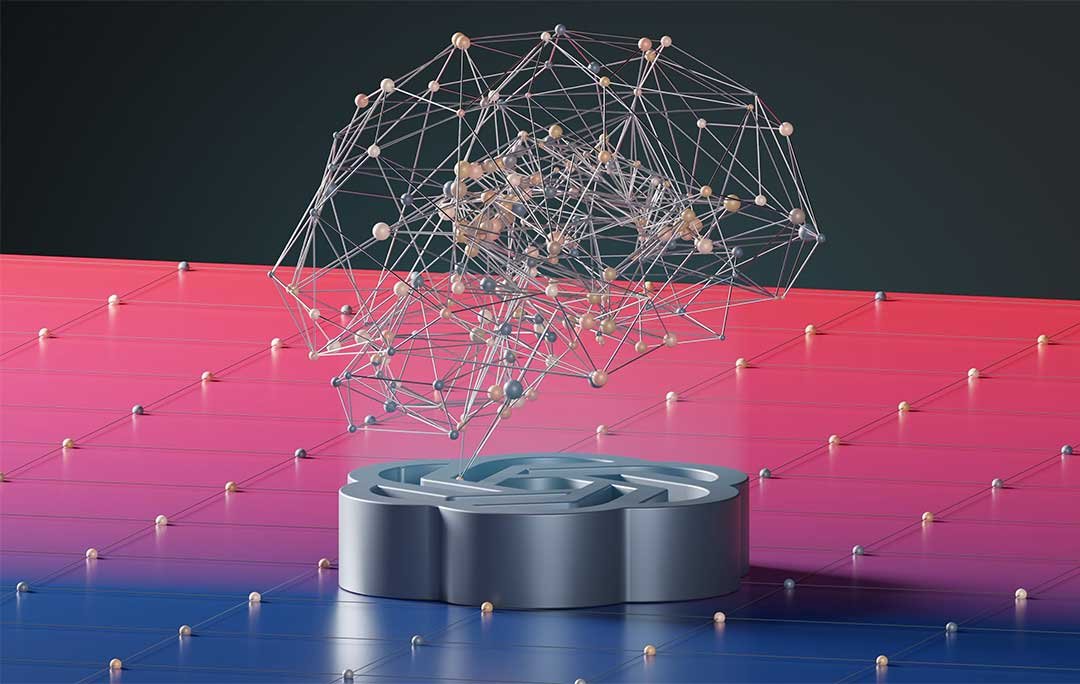OpenAI, a leading artificial intelligence company, has announced that it has begun training its next flagship AI model, which is set to succeed the groundbreaking GPT-4 technology powering ChatGPT. This development comes alongside the formation of a new Safety and Security Committee tasked with evaluating and improving OpenAI’s processes and safeguards.
GPT-4 Successor
OpenAI has initiated the training process for its next major AI model, which aims to surpass the capabilities of the current GPT-4 technology. The company anticipates this new model will bring “the next level of capabilities” and represent a significant step towards achieving artificial general intelligence (AGI). While the timeline for the release of the new model remains unspecified, as training AI systems can take months or even years, OpenAI continues to innovate and improve its technology, with the new model expected to set new benchmarks in AI capabilities.
Safety and Security Committee
OpenAI has established a new Safety and Security Committee to address potential risks associated with its new AI model and future technologies. The committee, which includes technical and policy experts, will evaluate and improve OpenAI’s processes and safeguards over the next 90 days. It will also consult with external safety and security experts to ensure the responsible development of AI. This move comes in response to criticism that OpenAI has not devoted enough resources to long-term safety, leading to the resignation of key safety leaders.
Capabilities and Goals
The new AI model is expected to power a wide range of applications, including:
- Advanced chatbots and digital assistants
- Sophisticated search engines
- Cutting-edge image generators
OpenAI’s ultimate goal is to create AI systems that can perform tasks comparable to human cognitive abilities, bringing the company closer to achieving artificial general intelligence (AGI). By pushing the boundaries of AI technology, OpenAI aims to stay at the forefront of innovation while addressing the safety and ethical implications of its advancements.
Superintelligence Skepticism Grows
OpenAI has recently backtracked on its earlier statements about the potential for its AI models to achieve superintelligence. While the company had previously suggested that its AI systems could surpass human intelligence and potentially pose existential risks, it now acknowledges that there are significant limitations and challenges in creating a superintelligent AI.Superintelligence, defined as an intellect that is much smarter than the best human brains in practically every field, remains a hypothetical concept with no clear path to realization. Even with advanced hardware and software, there are fundamental obstacles to creating an AI system that can match or exceed human intelligence across all domains.OpenAI now recognizes that the pursuit of superintelligence raises critical ethical concerns and potential risks, such as the implications of AI surpassing human intelligence and the possibility of unintended consequences. The company has shifted its focus to developing safe and beneficial AI systems that augment human capabilities rather than aiming for superintelligence.






